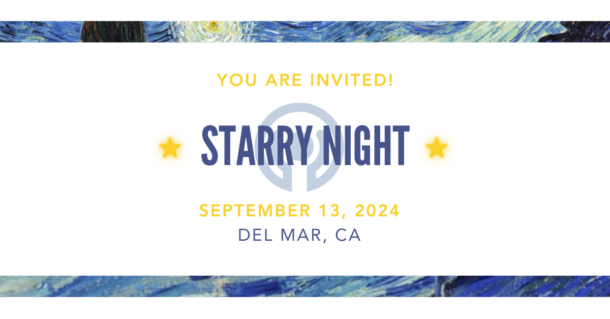“Youth is wasted on the young,” Irish playwright Oscar Wild is quoted as saying. It may be true, too, that happiness is wasted on those who have had no real trouble. Memories of my own youth surged through me recently when I met a 27-year-old woman who has her own video blog about her experience with bipolar disorder II. I envied her as I thought about the disastrous decades I endured as an individual undiagnosed with bipolar disorder.
The average age of onset of bipolar symptoms is 25. Mine started after my mother’s sudden death when I was 14. People with bipolar disorder may face a long wait from when their symptoms start to the time they get a proper diagnosis. Some people report delays of more than five to ten years. In my case, it was 23 years. The delay is because people usually go to a psychiatrist when in a major depression and it is difficult for the doctor to distinguish bipolar depression from other types of major depression. Bipolar depression is hard to treat so life becomes difficult with the alternating moods of depression and mania. That explains why many studies indicate a 15% suicide rate among individuals with bipolar disorder. This rate is about 30 times higher than that of the general population. Antidepressants can be tricky for us. In my case, one antidepressant prescribed for a major depression that hospitalized me when I was 38 sent me into a wild grandiose manic episode that destroyed my marriage and career. It took five years for me to get the correct diagnosis of bipolar disorder.
Now in my mid-60’s, I am a public speaker and author in my work as a mental health advocate. I call one of the talks I give to college students “The Missed Lecture: How What I Didn’t Learn in College Nearly Killed Me”. I was a ministerial student and a part-time pastor my freshman and sophomore years with plans to become a televangelist. I was jubilant in the pulpit for my congregation, but dying on the inside with suicidal depression. I once made a half-hearted suicide attempt in front of an unlighted gas heater in my apartment bathroom. No one talked about mental health outside a psychology class at my university and I never sought help because I was convinced it was a spiritual matter and that I was not praying enough. I left the ministry before the end of my junior year. My odd behavior as a depressed loner on campus and hyperactive actor in school plays and a member of the university debate team caught the attention of friends who were psychology majors. Two of them asked me one year to take a test for them they were required to administer as a class assignment. It was the Minnesota Multiphasic Personality Inventory, which is a psychological test that assesses personality traits and psychopathology. It is primarily intended to test people who are suspected of having mental health or other clinical issues. I never asked my friends why they chose me to take the inventory. I thought I was just doing them a favor and didn’t mind spending a little time to answer the nearly 600 true/false questions. I didn’t realize until decades later that my friends saw something amiss in me, but chose not to offer help perhaps because of the stigma attached to mental illness. Oddly, the MMPI is considered a protected psychological instrument, meaning it can only be given and interpreted by a psychologist trained to do so (you cannot find a legitimate copy of the MMPI online). I wonder why their psychology professor didn’t know that?
Who is to blame for that “missed lecture” I should have heard in college? To answer the question, I must put it into historical context. I was an undergraduate from 1968 to 1972. President Richard Nixon was in his first term and it was the height of the War in Vietnam. In fact, I had to maintain at least a 2.5 GPA to avoid the military Draft. The social view of mental illness at the time is best illustrated with the experience of U.S. Senator Tom Eagleton—the 18-day running mate. He was U.S. Senator George McGovern’s Vice Presidential pick in the 1972 election, but was forced to drop out when news about his past electroshock treatments for major depression became public.
I doubt my own father would have supported me had I sought psychiatric treatment during those years. He was, after all, in denial about his own mental illness, which was eventually diagnosed as bipolar disorder when he was 60. Sadly, that was two years before he passed.
Well, my new young friend with the video blog, it took me nearly a half-century to learn what poet Henry David Thoreau wrote: “Not until we are lost do we begin to understand ourselves.” Enjoy your youth in recovery, my friend, and always remember that matters could have been worse.
To see more of Tom’s work, visit his website, read his posts on MVP seminars, Tumblr and Stigma Fighters, or check out the rest of his posts for IBPF here.


